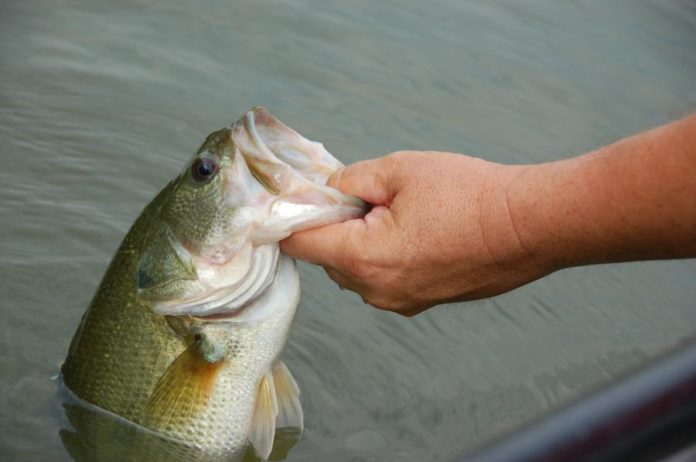MONTGOMERY, Ala. – The Alabama Department of Public Health (ADPH), in cooperation with the Alabama Department of Environmental Management (ADEM), the Alabama Department of Conservation and Natural Resources (ADCNR) and the Tennessee Valley Authority (TVA) recently released the Alabama Fish Consumption Advisories report for 2020.
According to Black Warrior Riverkeeper, “Of the 213 advisories issued across 98 waterbodies in Alabama, 16 of these advisories were listed in the Black Warrior River watershed.
“According to the 2020 report, the State tested fish at 522 locations. 144 of those locations (across 98 different waterbodies in the state) were deemed dangerous and included an advisory on the consumption of fish on those rivers and streams. In total, there are 213 health advisories across the state. More than half (62%) of the advisories are for largemouth bass — the most sought after game fish in Alabama and, ironically, the official State Freshwater Fish of Alabama.
“After catching and testing certain types of fish, the State issues the consumption advisories to warn anglers NOT to consume fish that are contaminated with dangerous pollutants like polychlorinated biphenyls (PCBs) and methylmercury. Many of the advisories warn the public not to eat any fish from the specific waterbody, while others recommend limiting exposure to one or two meals per month.”
Specific to Cullman County, the report advises against the consumption of largemouth bass from Lake Catoma, due to mercury, and against the consumption of largemouth, spotted and striped bass from the Lewis Smith Reservoir, also due to mercury.
“Anglers shouldn’t have to worry about whether the fish they catch are safe to eat or not, but unfortunately they do,” said Nelson Brooke, Black Warrior Riverkeeper. “Mercury from coal emitted by Alabama Power Company’s coal-fired power plants across the state has caused unsafe levels of mercury to build up in fish tissue. Sadly, that means bass and catfish from numerous popular fishing lakes are unsafe to eat, especially from pregnant women.”
“In Alabama, the River State, our anglers do not have a right to know where the fish are unsafe to eat,” said Victoria Miller, Coosa Riverkeeper’s Fish Guide coordinator. “Even though multiple state agencies are involved in the testing and analysis process, many Alabamians are left to find this information on their own because there is no legislation on this issue. Fortunately, non-profit organizations like ours are helping families reel in this important public health information across Alabama.”
Black Warrior Riverkeeper said in a media release: “Our partners at Coosa Riverkeeper have updated their popular Fish Guide program to include the 2020 advisories. Fish Guide was developed over several years as a response to surveys conducted with more than 250 anglers along the Coosa River. The purpose of Fish Guide is to educate fishermen throughout the state of the fish consumption advisories at their favorite fishing holes. In addition to providing them with information about the fish consumption advisories each year, the program also features a toll-free hotline for anglers to immediately hear the advisories throughout Alabama. That hotline has now been updated with the 2020 advisories. Anglers can simply call 1 844-219-RISK to hear the current fish consumption advisories on all the waterbodies throughout Alabama. Dial 6 to hear the advisories in the Black Warrior River basin.”
“These advisories serve as a reminder of the legacy of pollution we have and are continuing to deal with across the entire state,” Jack West, Alabama Rivers Alliance policy and advocacy director, said. “The state provides a vital public service by releasing these advisory reports on its website, but they must do a better job of reaching fishermen where they are — on the banks of our rivers. Fishing is a way of life here, and generations of Alabamians have made countless memories and supported local economies by getting out on the water. We will always fish in the River State, but we need to make sure people have the information needed to do it safely and avoid eating polluted fish that could harm their health and the health of their families.”
Al Fish Advisory 2020 by TheCullmanTribune on Scribd























